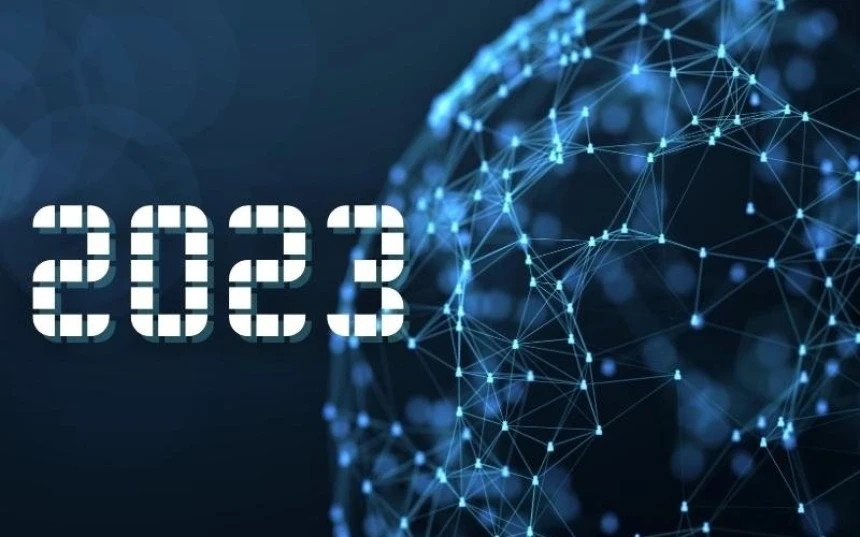
In today's world, everything around us is changing at a frantic pace. To help you keep up with the pace of technological change, we've compiled a list of the biggest technology trends that experts predict will be with us in 2023.
As in previous years, we are seeing continued developments in the areas of machine learning (ML) and artificial intelligence (AI), which more and more companies are implementing into their processes. This trend will certainly continue in 2023, especially in conjunction with another trend, which is no-code software.
With no-code AI, companies will be able to exploit its potential to the full in line with their specific needs.
According to predictions, 2023 will be the year that will determine the direction of the increasingly debated metaverse. And Mark Zuckerberg is far from the only one interested in the industry. Both Microsoft and nVidia are already developing metaverse platforms for collaboration on digital projects.
The avatars used in the metaverse should undergo a significant transformation next year. Their current form has been criticized by users, but they should soon resemble us as much as possible and even adopt our gestures.
In practice, the metaverse will probably be used mainly for remote meetings, training and onboarding in the coming year. However, it may well become increasingly pervasive in sales and purchasing. Therefore, it's a good idea to keep an eye on this trend and take advantage of new business opportunities early on.
RPA is closely linked to artificial intelligence and machine learning. It automates business processes such as handling transactions, processing data, or even responding to emails.
It frees employees from simple repetitive tasks and allows them to focus on more creative and challenging tasks that are more suited to their skills.
For example, you will appreciate RPA when working with data in certain business areas such as finance, customer service or human resources.
We are currently watching a global race to develop quantum computers that are expected to be able to run certain types of algorithms trillions of times faster than the fastest traditional processors available today.
But in addition to their many positive uses, they also carry the threat of similarly easy breaking of the encryption systems we currently use. Hackers could then steal sensitive data with relative ease, and in theory entire countries could steal it from each other, leading to a new kind of global digital conflict.
Now, we don't mean the fact that we are all increasingly online and the phone has more or less grown on us. We're talking about a technology called 'digital twins'. These are virtual simulations of processes, operations or products that are found in the real world. It is used, for example, to test new ideas in a secure digital environment.
By 2023, a massive increase in the use of this technology is expected across all disciplines and professions, from engineers to architects to healthcare.
Like the other areas mentioned above, autonomous systems are not a new development, but rather an existing trend that is set to intensify. By 2023, experts expect them to become increasingly widespread, especially in the logistics sector, and many factory warehouses could be partially or fully autonomous (some already are).
For example, the UK online supermarket Ocado currently uses thousands of autonomous robots in its warehouses to sort, lift and move food. Its warehouses also have artificial intelligence in place that assesses what the most popular products are and then stores them so that the robots can get as close as possible.




Copyright © 2026 - Algotech a.s., all rights reserved
| Personal data processing |
Terms and conditions